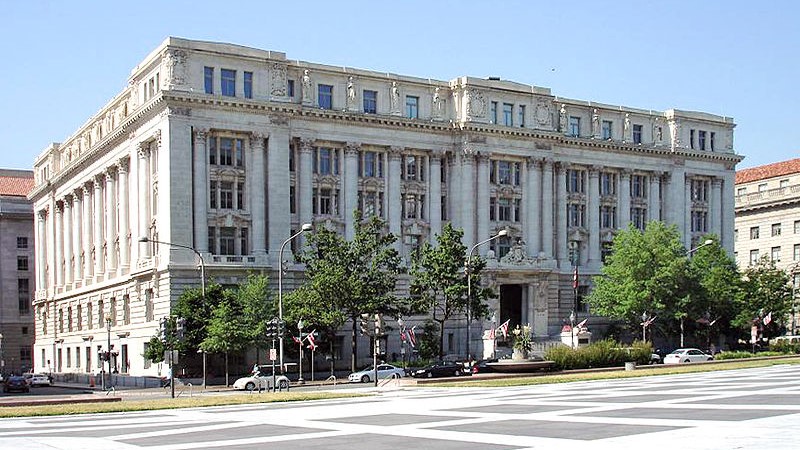
The resignation of Jack Evans from the DC Council presents an opportunity for the Council to reconsider how it manages the duties of the Finance and Revenue Committee, which Evans chaired for over two decades. Revenue decisions affect the ability to fund Council-wide priorities, and every Councilmember deserves an opportunity to shape those decisions. It makes sense to eliminate Finance and Revenue as a separate committee and put all tax responsibilities—from income and sales taxes to economic development tax policy—in the Committee of the Whole (COW), where every Councilmember serves.
In July, when the Council removed Evans as the chair of the Finance and Revenue Committee, the Council shifted its responsibilities, with the Committee on Business and Economic Development absorbing most duties. That committee had already been overseeing economic development tax issues—such as tax abatements and Tax Increment Financing—since the spring when the ethics investigation of Evans first launched. Yet, these economic development issues are tax issues at their core and should also be under COW’s authority.
Tax and revenue decisions affect the Council’s ability to invest in key budget priorities—things like education, affordable housing, health care, income supports and more. Therefore, it makes sense for the full Council to consider not only spending decisions but also whether and how to identify revenues to pay for them. Here are a few examples of why this is important:
- New revenue from online sales tax:In 2018, the District gained a new revenue source when the U.S. Supreme Court ruled that cities and states could apply sales tax to all online sales. Even though the Council expressed the desire years ago to invest that money in homeless services and Metro, the Finance Committee managed the relevant bill and used the new money to support tax cuts.
- Sales Tax on Soda: In 2019, Councilmember Cheh used her Transportation Committee to propose raising sales taxes on soda and other beverages to fund nutrition and public health initiatives. Some councilmembers argued that tax increases should be considered only by the Finance Committee. Yet, there was no other easy way for Councilmember Cheh, who isn’t on the Finance Committee, to move her revenue idea, leading her to bring it up outside that committee.
- Tax breaks for technology companies: In late 2018, the Chief Financial Officer found that the Qualified High Technology Company tax incentive program was inefficient and poorly targeted. Councilmember Nadeau proposed an amendment in the first vote on the proposed FY 2020 budget to scale back the incentive, but other members of the Council argued that it wasn’t an appropriate point in the budget process to advance tax policy changes. The Council Chairman called for a separate hearing on the issue in the Finance and Revenue Committee before the second vote, but this should not have been needed.
Putting revenue responsibility in the full Council would help avoid these shortcomings and make it easier for the Council to address critical budget issues. If lawmakers shift the former Finance Committee’s responsibilities to COW, the Council should also:
- Transfer staff resources to COW. The Council should shift the former Finance Committee’s staff positions (such as the Legislative Counsel and Legislative Advisor) and resources to COW to ensure COW has the support it needs.
- Provide dedicated research support to COW: The Council should require the Office of the Budget Director of the Council to serve as the primary research body on tax policy to COW. This office is well-equipped for this role as they already offer fiscal policy research and analysis to members of the Council.
- Rebalance power on the ability to shape tax policy: To ensure that the voices of members with less power are heard, the Chair of the Council should be required to hold a hearing on any finance bill that has a majority of co-introductions.
- Hold a hearing on revenue policy early in the budget process: The Council should amend the budget process to include a COW hearing on revenues after budget oversight hearings but before the hearing on the Budget Support Act, which includes policy (not just spending) changes. This would ensure that lawmakers have an early opportunity in the budget process to assess and debate whether changes to the tax system are needed, to keep up with growing needs.
Shifting tax policy to COW with the specific recommendations outlined above would give the Council a chance to better align revenue decisions with spending decisions, making for a more effective legislative body.
